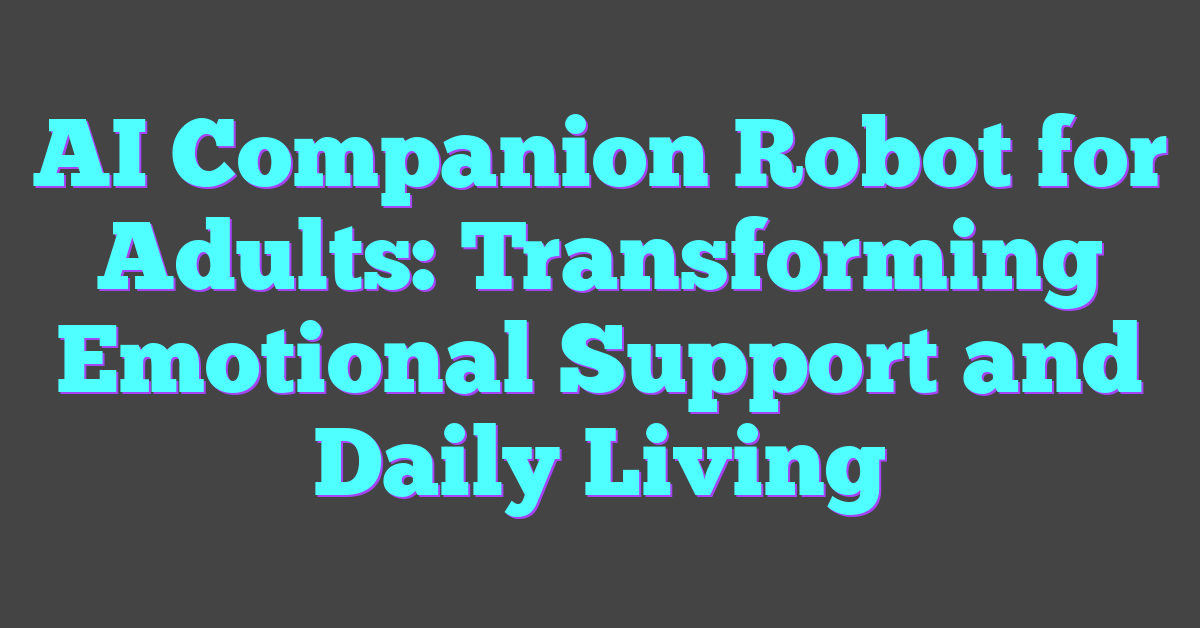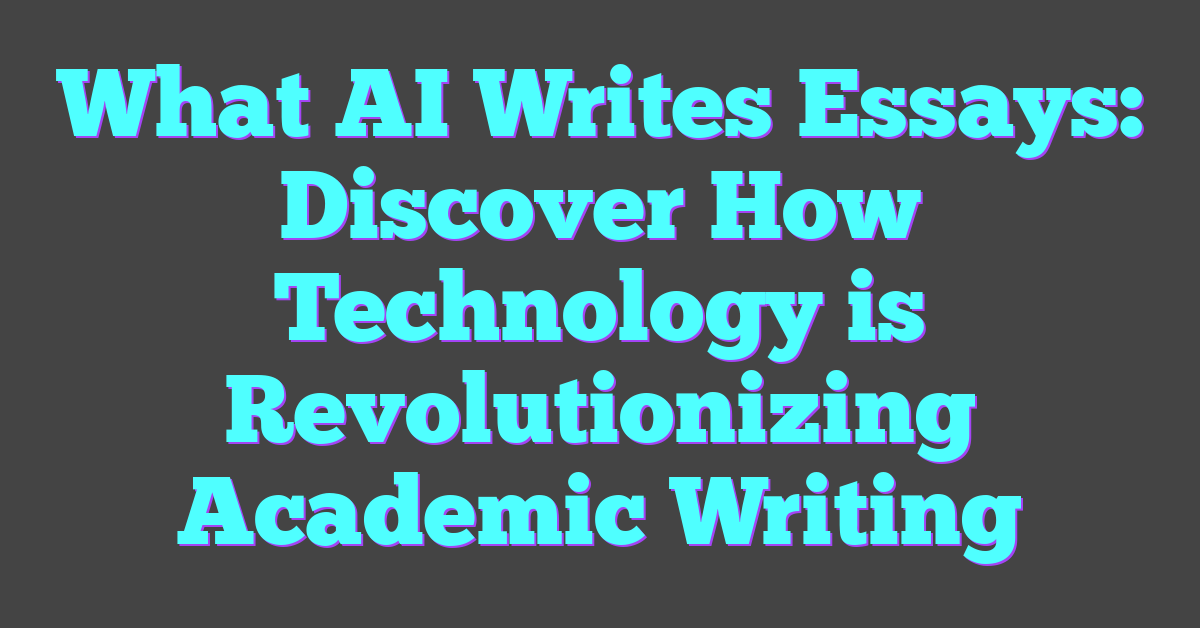Imagine a world where your favorite tunes are crafted not by humans but by intelligent machines. Sounds futuristic, right? Well, that future is now. AI is revolutionizing the music industry, creating melodies and harmonies that can rival those of seasoned composers.
From generating catchy pop hooks to composing intricate classical pieces, AI’s musical prowess is astonishing. But how exactly does this technology create music that resonates with our emotions? Let’s dive into the fascinating process behind AI-generated music and uncover the magic that makes it all possible.
Understanding AI in Music Creation
AI has fundamentally changed music by generating complex compositions. It now creates harmonies and melodies comparable to seasoned musicians.

What Is AI Music?
AI music refers to compositions created using algorithms. These algorithms analyze vast datasets of existing music, learning patterns, structures, and styles. They then generate new pieces that emulate these learned traits. Companies like OpenAI and Google have developed AI models capable of producing intricate musical pieces.
How AI Composes Music
AI uses neural networks, specifically Generative Adversarial Networks (GANs) and Recurrent Neural Networks (RNNs), for composition. GANs consist of two networks—the generator and the discriminator—that work in tandem to create more authentic pieces. RNNs, on the other hand, are adept at handling sequential data, making them ideal for music.
- Data Analysis: AI analyzes large datasets from various genres.
- Pattern Recognition: It identifies common patterns and structures within the music.
- Melody Generation: The algorithm generates new melodies based on recognized patterns.
- Harmonization: AI adds harmonies to complement the generated melody.
- Refinement: Continuous iterations refine the piece for quality.
Tools like OpenAI’s MuseNet and Google’s Magenta showcase how proficient AI has become in music composition. These platforms can generate music that spans multiple genres and adjusts based on user input, making AI-created music highly customizable and innovative.
The Technology Behind AI Music
Artificial intelligence in music leverages cutting-edge technologies to analyze, compose, and refine pieces. Key technologies include machine learning models and specialized algorithms.
Algorithms Used in AI Music Generation
AI leverages several algorithms for music composition:
- Generative Adversarial Networks (GANs): These networks consist of two neural networks, one generating music and the other evaluating authenticity. Examples include OpenAI’s MuseNet.
- Recurrent Neural Networks (RNNs): RNNs are effective in handling sequential data, making them ideal for music. They analyze temporal patterns to produce coherent melodies and harmonies. Google’s Magenta project showcases the power of RNNs in music creation.
- Markov Chains: These chains predict the probability of note sequences, learning the likelihood of specific transitions to generate melodies. They are simpler than neural networks but still create impressive music.
- Transformers: Transformers handle long-range dependencies in data. projects like OpenAI’s Jukedeck use transformers to create diverse musical compositions by using self-attention mechanisms to understand the context of entire pieces of music.
Machine Learning Models in Music
Machine learning models form the backbone of AI music:
- Generative Models: These models generate new data similar to their training set. GANs and Variational Autoencoders (VAEs) are common examples.
- Supervised Learning: Used for tasks like genre classification, these models learn from labeled data. They can distinguish between different music styles and genres by identifying specific features.
- Unsupervised Learning: These models find hidden patterns in music without labeled data, useful for clustering similar tracks or discovering new genres. Techniques include Principal Component Analysis (PCA) and k-means clustering.
- Reinforcement Learning: This learning technique rewards the AI for generating more desirable music, allowing iterative improvement. It’s often employed in real-time music composition systems that adjust based on user feedback.
Machine learning models and algorithms enable AI to understand and create music, pushing the boundaries of creativity and innovation in the music industry.
Benefits of AI in the Music Industry
AI transforms the music industry by enhancing creativity and automating production processes. AI offers unprecedented opportunities that revolutionize traditional musical workflows.
Enhancing Creativity
AI enhances creativity by providing musicians with new tools and capabilities. These tools generate novel musical ideas, helping musicians explore diverse genres. For example, using Generative Adversarial Networks (GANs) enables the creation of unique harmonies and melodies. Recurrent Neural Networks (RNNs) predict the progression of musical notes, aiding in improvisation. This technological integration encourages cross-genre experimentation, fostering artistic innovation and collaboration.
Automating Music Production
AI automates various production tasks, streamlining workflows for musicians and producers. Algorithms can compose backing tracks, mix audio, and even master final recordings. Platforms like OpenAI’s MuseNet create entire pieces based on user inputs, while Google’s Magenta offers tools to assist with polyphonic music generation. These advances reduce the time and effort needed for production, allowing artists to focus more on creative aspects and less on technical details.
Challenges and Ethical Considerations
Despite AI’s advancements in music, several challenges and ethical considerations arise.
Authenticity and Copyright Issues
AI-generated music challenges traditional notions of authenticity. Originality becomes ambiguous when machines generate compositions. Plagiarism risks increase, as AI might inadvertently reproduce existing works. Legal frameworks struggle to keep pace with AI’s capabilities. Copyright laws need updates to address ownership and rights for AI-produced music. OpenAI and Google’s attempts to provide copyright-free music indicate the potential shifts in industry norms.
The Impact on Musicians and Composers
AI’s influence on musicians and composers sparks both excitement and concern. Automation of music production redefines roles in the industry. Musicians gain tools for experimentation but face competition from AI-generated content. Concerns about job displacement emerge, especially for those without robust digital engagement. Nonetheless, collaboration with AI can lead to novel creative outputs, blending human intuition with machine precision. Balancing AI integration with preserving human artistry remains a pivotal challenge.
Conclusion
AI’s influence on music is undeniable, offering new tools that expand creative possibilities. With platforms like MuseNet and Magenta, musicians can explore uncharted territories in composition. However, it’s crucial to address the ethical and legal challenges AI-generated music presents. Balancing technological advancements with the preservation of human artistry will ensure a harmonious future for the music industry. As AI continues to evolve, so must our approach to copyright and authenticity, ensuring both innovation and integrity in music creation.
Frequently Asked Questions
How has AI transformed the music industry?
AI has transformed the music industry by employing advanced algorithms like GANs, RNNs, and Transformers. These technologies enable the creation of intricate compositions and enhance creativity for musicians, offering new ways to innovate and produce unique musical pieces.
What are some notable platforms using AI in music creation?
Notable platforms include OpenAI’s MuseNet and Google’s Magenta. These platforms leverage AI to push the boundaries of musical innovation, allowing users to explore new creative possibilities and generate music that was previously unimaginable.
What are the ethical considerations with AI-generated music?
Ethical considerations include issues of authenticity, copyright, and the impact on musicians and composers. There’s concern about job displacement and the need to balance AI integration with preserving human artistry in music creation.
How does AI impact copyright and ownership in music?
AI complicates copyright and ownership because existing legal frameworks struggle to keep pace with AI’s capabilities. There’s a need for updated legal frameworks to address ownership and rights for AI-produced music, ensuring fair recognition and compensation.
What challenges do musicians face with the rise of AI in music?
Musicians face challenges such as potential job displacement due to AI-produced music and questions about the authenticity of AI-generated compositions. There is also a need to find ways to harmoniously integrate AI while preserving human creativity in music.
Are legal updates necessary for AI-generated music?
Yes, legal updates are necessary to keep pace with AI’s capabilities in music creation. Current frameworks need revisions to address new issues surrounding ownership, rights, and compensation for AI-generated music, ensuring fair and clear regulations.




